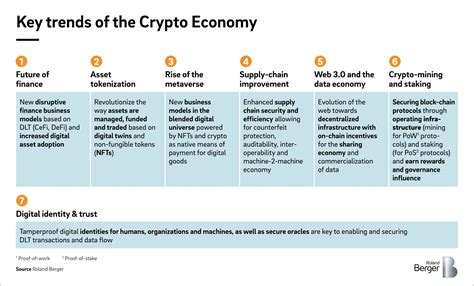The recent indictment of The Epoch Times CFO for his alleged involvement in a $67 million money laundering scheme has sent ripples through both media and cryptocurrency communities. This situation highlights the complex relationship between digital currencies and illegal activities, while also drawing attention to the controversial background of The Epoch Times and its affiliations with Falun Gong, a group often characterized by both its followers’ spiritual practices and its contentious political stance against the Chinese government. This scandal opens up a Pandora’s box of questions about the legitimacy and ethical boundaries of cryptocurrency usage.
One of the comments reflecting incredulity mentioned the origins of the funds involved in the laundering. According to the indictment, pre-paid debit cards funded with fraudulently obtained unemployment insurance benefits were sold at discounted rates for cryptocurrency. The intricate nature of such schemes underscores the ease with which illicit gains can flow through the opaque corridors of the cryptocurrency market. Yet, it brings up a broader point – is the burgeoning world of digital currency doing more harm than good?
Critics have long contended that the volatile and anonymous nature of cryptocurrencies makes them susceptible to misuse. From purchasing illicit goods and services to laundering money, crypto has become a tool for those operating in the shadows. But as some comments point out, the motivations for these actions can often be layered with socio-political elements. For instance, while Epoch Times’ controversial publications have raised eyebrows for their far-right alignments and anti-communist propaganda, their alleged actions of diving into the dark waters of crypto further complicate their narrative and mission.
It’s important to understand the mechanics of this money laundering operation. The perpetrators didn’t just convert dirty money into crypto; they engaged in a multi-step process involving ‘layering’ – an essential money-laundering technique. The indictment outlines how these illicit funds were funneled through countless transactions, including the opening of financial accounts with stolen identification information. This not only speaks to sophisticated criminal methods but also exposes gaps in regulatory oversight, particularly in how cryptocurrencies can be used to obfuscate financial trails.
One cannot overlook the ethical paradox this case brings to the surface. On one side, we see Falun Gong activists protesting against human rights abuses in China, alleged to be victims of organ harvesting. On the other, some of the same people are linked with questionable financial activities, aligning themselves with far-right groups and disseminating what critics describe as hate speech and conspiracy theories. The duality of their public image versus their private actions makes it challenging for any neutral observer to form a balanced opinion.
The efficacy of Anti-Money Laundering (AML) policies has come under severe scrutiny. One comment stressed how AML policies often fail, incurring more costs in compliance than the value of funds recovered. This leads to a cascade of problems, including innocent businesses being unduly penalized and locked out of their financial accounts due to suspicious transaction patterns. The commenter aptly noted that money laundering laws, albeit well-intentioned, are at times detrimentally broad and could result in actions against non-criminal entities, illustrating the need for finely tuned regulations.
Moreover, the socio-economic implications of crypto’s adoption are intriguing. Commenters debated over the usefulness of cryptocurrencies beyond illegal activities. Some argued that crypto presents genuine advantages for people in hyperinflationary regimes or those desiring financial privacy. These use cases highlight why some see crypto not as a problem but as a solution to systemic issues in traditional finance. For instance, transferring funds internationally, preserving wealth in unstable economies, or maintaining financial privacy are real-world applications that demonstrate crypto’s potential utility.
Interestingly, while some allege hypocrisy within the actions of The Epoch Times and its affiliates, others see this as symptomatic of larger societal issues. The argument that criminal actions, including money laundering, are simply paths available when mainstream systems fail or are too restrictive is compelling. The narrative around The Epoch Times’ engagement in these activities underscores a fundamental lack of trust in existing financial and political systems – a sentiment that extends beyond the fringe and into the mainstream.
In conclusion, the Epoch Times money laundering scandal via cryptocurrency is a stark reminder of the shadows that loom over the digital currency landscape. The multi-layered narratives – from the function of cryptocurrencies in illicit activities to the apparent ethical contradictions within The Epoch Times’ practices – reveal much about the current state of both cryptocurrency and media landscapes. It also stresses the urgent need for refined regulatory measures that can balance innovation with vigilance, ensuring that the global financial ecosystem, whether fiat or digital, remains secure and trustworthy.


Leave a Reply